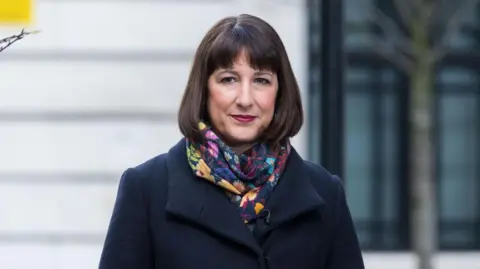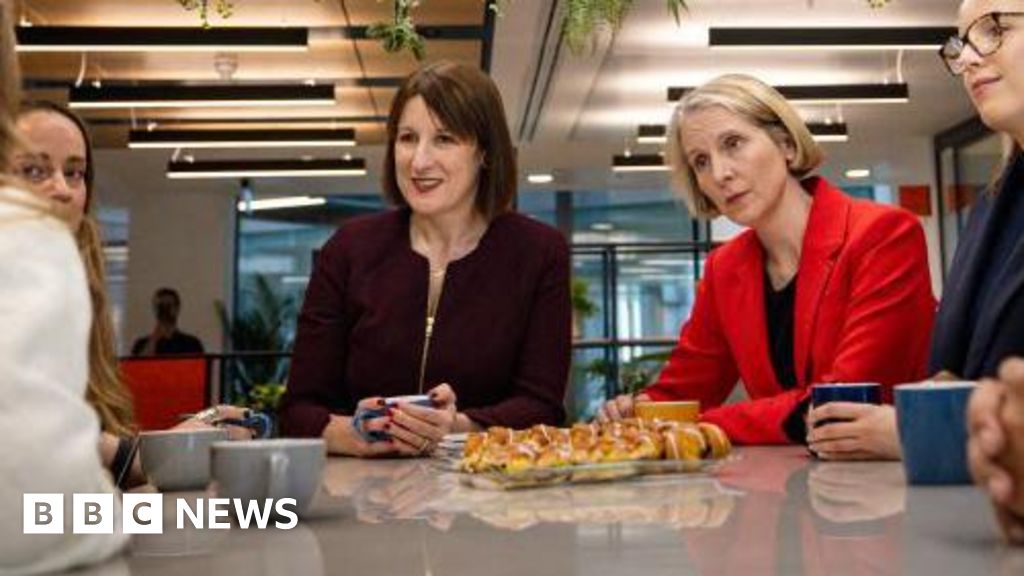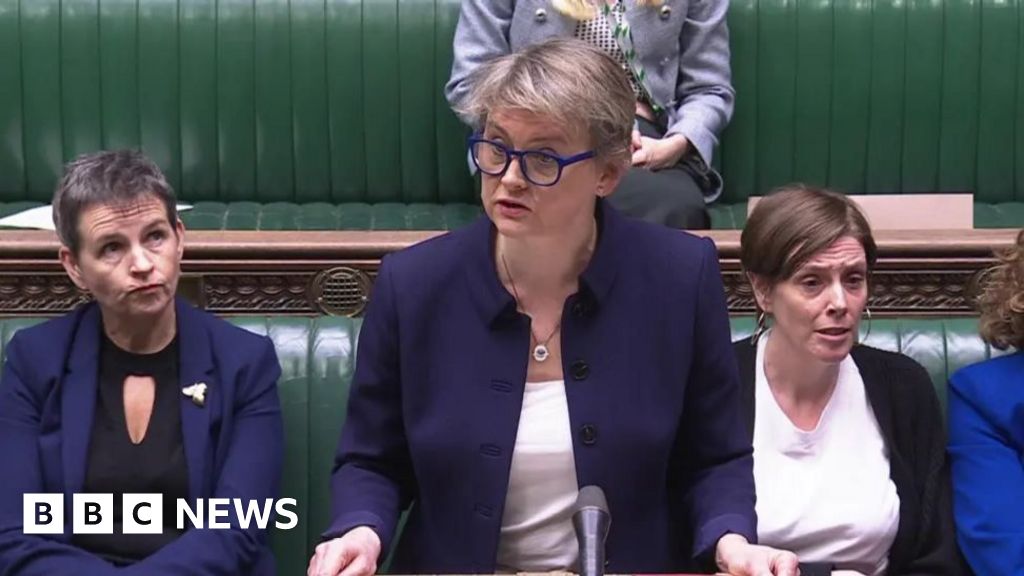ARTICLE AD BOX

 Getty Images
Getty Images
Chancellor Rachel Reeves will deliver her first Budget on Wednesday 30 October.
In September, she told the BBC it will involve "difficult decisions" on tax, spending and benefits.
What is the Budget?
Each year, the chancellor of the exchequer - who is in charge of the government's finances - makes a Budget statement to MPs in the House of Commons.
The speech outlines the government's plans for raising or lowering taxes. It also includes big decisions about spending on health, schools, police and other public services.
The Treasury publishes a report alongside the Budget, which gives more details about the measures announced, and what they will cost.
The independent Office for Budget Responsibility (OBR) - which monitors government spending - also produces an independent assessment of the health of the UK economy.
After the statement, MPs spend several days debating the plans.
They are then asked to approve the tax proposals, and the government introduces a Finance Bill to turn the Budget announcements into law.
The previous Conservative Chancellor, Jeremy Hunt, delivered the last Budget on March 2024, before the general election.
After a change of government, the new chancellor holds another Budget to set out their financial policies for the year ahead.
When is the autumn Budget?
The 2024 autumn Budget is on Wednesday, 30 October.
The Budget speech usually starts at about 12:30 UK time and lasts about an hour. It will be broadcast live on the BBC iPlayer and on the BBC news website.
The current leader of the opposition, Conservative party leader Rishi Sunak, will give a speech responding to the Budget as soon as Reeves sits down.
How is the UK economy doing?
The Labour government has said boosting the economy is one of its key priorities.
A growing economy usually means people spend more, extra jobs are created, more tax is paid and workers get better pay rises.
Following a brief recession at the end of 2023, the UK grew solidly during the first six months of 2024, and recorded the fastest growth of all the G7 countries.
However, the UK economy stalled in June and July.
When Labour took power, Ms Reeves said it had "inherited the worst set of circumstances since the second world war" regarding government finances - something the Conservatives deny.
She said she was facing a £22bn "black hole", and warned that the government would have to raise some taxes as a result.
This gap is due to rules the government has chosen to follow over how much money it can borrow over the next five years.
What might be in the Budget?
The government has already ruled out raising VAT (value added tax), income tax and National Insurance.
But it could choose to increase other taxes.
Capital gains tax (CGT)
CGT is charged on the profit made from the sale of assets that have increased in value, such as second homes or investments.
Its paid by individuals and some business owners, and the rates vary depending on how much income tax you pay.
Inheritance tax (IHT),
IHT, which is currently 40%, is usually paid on the value of a deceased person's assets above a threshold of £325,000.
Fuel duty
Fuel duty has not risen in more than a decade. It was frozen between 2012 and 2022, and cut by 5p in March 2022 when pump prices surged following Russia's invasion of Ukraine.
However, some motoring groups argue the cut was never passed on to motorists and the RAC says it could be reversed.
Council tax
The single-person council tax discount reduces bills by 25%. Some reports have suggested the government is considering scrapping it.
Pension tax relief
People who pay into private pension pots get tax relief on their contributions, up to a certain amount. This boosts the amount saved.
At the moment, savers receive tax relief at the same rate as their income tax - so basic rate taxpayers get tax relief at 20% and higher rate taxpayers at 40% or 45%.
The government could introduce a single flat rate of relief which would make the system less generous for higher earners.

 3 months ago
17
3 months ago
17








 English (US) ·
English (US) ·